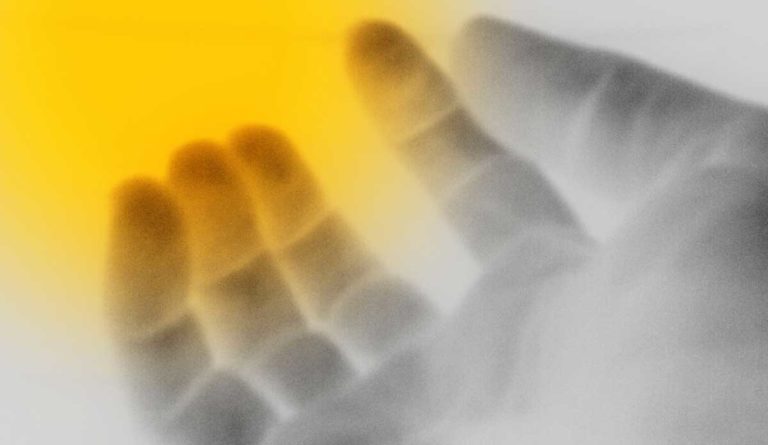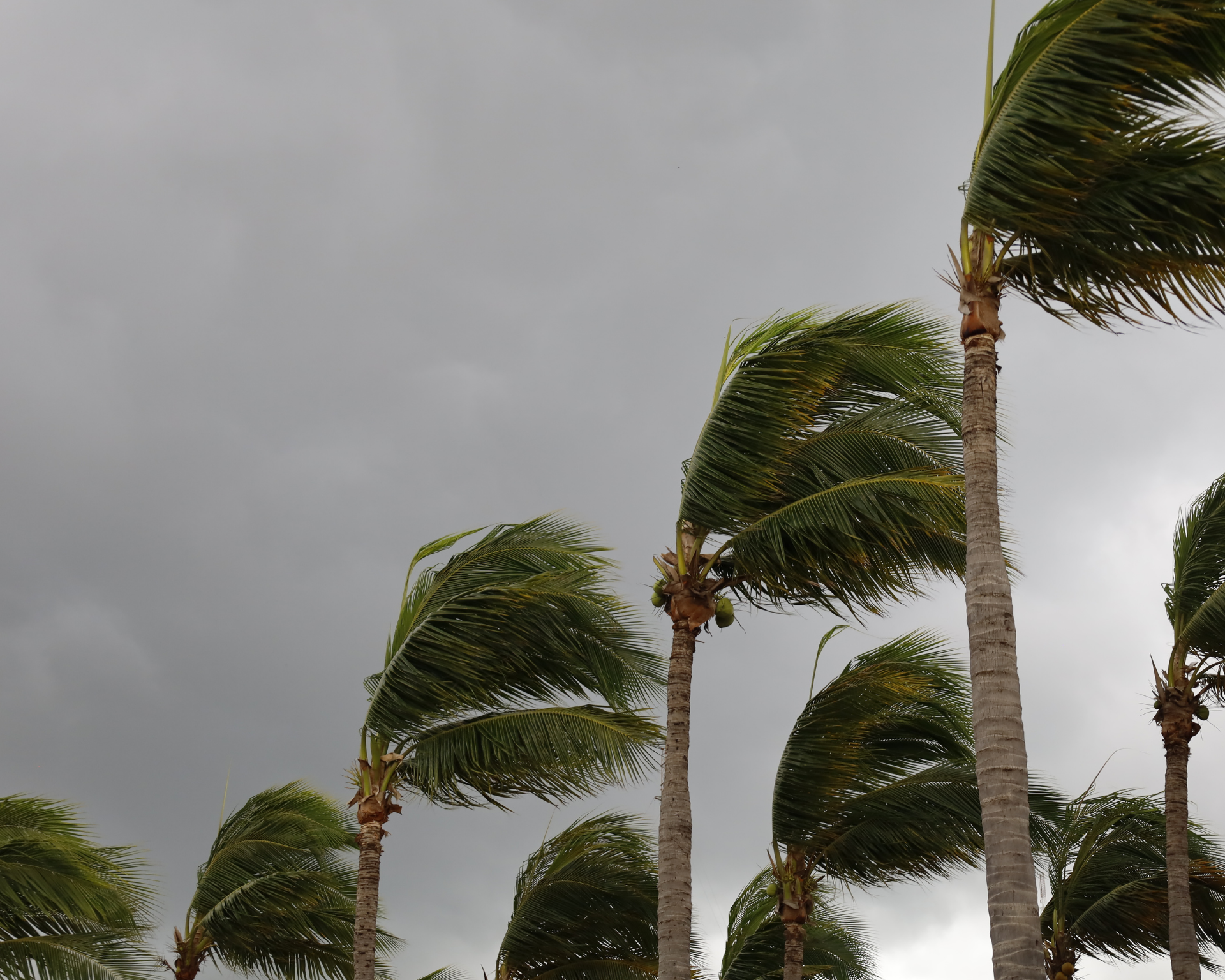An Unnerving Experience
Brad Wright contemplates how different his experience with Guillain-Barré syndrome could have been without health insurance and access to health care.

Read Time: 7 minutes
Published:
The day after Christmas I came down with a cold. Ten days later, I returned to work, but noticed that my right hand seemed weak. Walking to my car at the end of the day, my right leg felt heavy. That night, I realized that I couldn’t raise the toes on my right foot. When things hadn’t improved by the next morning, I drove myself to the emergency department. After a neurology consult and an unremarkable MRI of my brain and cervical spine, I was discharged with a diagnosis of “weakness” and told to return if my symptoms worsened. The following day, I awoke to find that the weakness had spread to my left arm, and every so often I was slurring my speech. My wife drove me back to the emergency department where I received a lumbar puncture (aka “spinal tap”) and was admitted to the hospital.
After a sleepless night on a general neurology floor, I ordered a strawberry yogurt and an applesauce for breakfast. My hands were so weak that I had to use my teeth to peel off the foil lids. The doctors suspected a condition called myasthenia gravis. They told me that because of my muscle weakness, my breathing might become compromised, and they moved me to the medical intensive care unit.
Doctors visited my room in droves—the blessing and curse of being at an academic medical center—and frequently remarked that my presentation wasn’t textbook for anything. They ordered an electromyogram—in which small needles are inserted to study muscle function—and a nerve conduction study—in which current is sent through electrodes to test nerve function. Both procedures were moderately uncomfortable, but after dozens of shocks on my arms, legs, and face, my doctors ruled out myasthenia gravis. I lost count of the number of other tests they ordered, but I know they included Lyme disease and West Nile virus, among others.
Finally, they settled on a diagnosis: Guillain-Barré syndrome, or GBS.
Finally, they settled on a diagnosis: Guillain-Barré syndrome, or GBS. GBS is an extremely rare condition—there are fewer than 6,000 cases in the United States annually—in which the immune system attacks the peripheral nervous system, often following an infection (e.g., my cold). As the nerves are damaged, the result is an inability to control the muscles, leading to weakness, and even paralysis. Because the diaphragm—the muscle that helps us breathe—can also be affected, between 25-35% of patients require mechanical ventilation.
There are two treatments for GBS: plasmapheresis and high-dose intravenous immunoglobulin (IVIG), both of which are assumed to work by “rebooting” the immune system to stop the attack on the nerves. Both treatments have been shown to reduce the severity of symptoms and shorten the length of recovery. Fortunately, most individuals with Guillain-Barré fully recover, but it takes time. While some people recover in a matter of weeks, others take years, and the average is between 6 and 9 months.
My symptoms stabilized, and I was discharged after 5 days. The next day, my wife was admitted for a C-section. Both my mother and mother-in-law flew out to help us. I was able to be present for the birth of my second daughter, but the day my wife came home from the hospital, my symptoms worsened. I lost almost all control of my facial muscles, which affected my ability to speak, eat, and drink. This time my mother took me to the emergency department, and they readmitted me, in part because I was already scheduled for a repeat electromyogram and nerve conduction study at the hospital the next morning. The study showed changes consistent with acute motor axonal neuropathy (a GBS variant common in Asia, but rare in North America), but found no evidence of permanent nerve damage, meaning my chances for full recovery are good. I was discharged the next day.
As an assistant professor of health management and policy in a school of public health, I can’t help but think of how fortunate I am, and how different my experience could have been.
I’ve been recovering for about a month now. The nerves in my face healed rapidly and I can once again speak, eat, and drink without problems. I remain very weak in my arms and legs, but can walk over 1/2 a mile unassisted. Fatigue is still a factor. Overexertion leads to days of exhaustion. I’m working from home part-time and go to occupational and physical therapy three days a week. Still, I find myself with plenty of time to contemplate my experience. As an assistant professor of health management and policy in a school of public health, I can’t help but think of how fortunate I am, and how different my experience could have been.
First, I live just 10 minutes away from an academic medical center. I have access to neuromuscular neurologists and received prompt treatment. What if I lived in a rural area, or only had access to a smaller community hospital? Would I have delayed seeking care? Would the physicians have diagnosed me as quickly? Many doctors will never see a case of GBS. This might have meant delayed (and less effective) treatment with IVIG. Moreover, having to travel long distances three days per week might make me noncompliant with my therapy regimen, slowing my recovery.
Second, my care has been extremely expensive—over $80,000 so far. Because I have good insurance through my employer, I will comfortably pay just $1700 using my savings. But what if I didn’t have insurance? Or what if I didn’t have adequate resources to cover my share of costs? While my illness was not my fault, I would be expected to pay the full amount on my own, forcing me to negotiate a lower rate, set up a payment plan, or face medical bankruptcy. Should America allow anyone who is unfortunate enough to be dealt such circumstances to have them further compounded by economic hardship or financial ruin? Unfortunately, many Americans face that situation, and if the GOP manages to repeal Obamacare, millions more will find themselves at risk.
Finally, this is a long and trying illness. Understandably, many people become prone to anxiety and depression. While I am a Christ-follower and my faith has been a tremendous source of strength and comfort for me, obviously not everyone shares my faith. Still, I believe that everyone needs some outlet for their spiritual and/or emotional — as well as physical — concerns. My wife and I have experienced an overwhelming outpouring of love and support from family and friends who have prayed for us, provided meals, helped with work-related matters, and served as informal caregivers. What if I didn’t have a social support system through church, work, friends, and family? Chances are I wouldn’t be recovering at home, but would be alone in a rehabilitation hospital, while my wife stayed home to care for our children while recuperating from major surgery.
As I hope you can see, I consider myself very blessed to have such easy access to top-notch healthcare, the ability to pay for that care with a comprehensive insurance product and adequate savings, and a robust system of support for my spiritual, emotional, and physical needs. The road I’m on is not an easy one, but it could certainly be much harder. For millions of Americans, whether they have a rare condition like Guillain-Barré syndrome or a much more common malady, we have a healthcare system that all too often makes the road impassable. We must do better.
Feature image: Keoni Cabral, The feeling of sun on fingertips, used under CC BY 2.0



